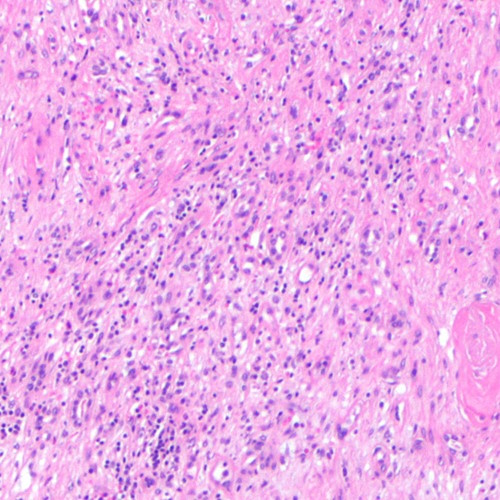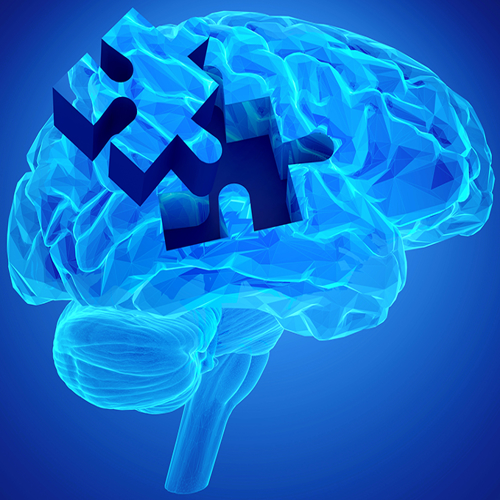Key points from article :
Excess inflammation is a problem in aging, contributing to atherosclerosis, cancer, and cognitive decline.
Older immune cells when corrected, decreased inflammation and restored cognitive function.
"To be able to reverse the pathology is an incredible sequence of events.” - Eyal Amiel, associate professor of medical laboratory science.
People who took nonsteroidal anti-inflammatory drugs had a decreased risk of Alzheimer’s disease.
COX-2 activation is the first step in the production of PGE2, which bind to EP2 and promote inflammation.
When exposed human macrophages to PGE2, the cells altered their metabolism.
“The result is that the cells are basically energy-depleted and they don’t work well,” - Andreasson, neurologist and researcher.
When treated with EP2 receptor inhibitors, energy production increased and cells expressed anti-inflammatory markers.
There aren’t any drugs that specifically block the EP2 receptor yet.
Research by Stanford School of Medicine published in the Journal Nature.







